Ballot Question 1: Risks & Regulations Regarding Right to Repair
/0 Comments/in Economic Opportunity, Featured, Podcast Hubwonk /by Editorial StaffJoin Hubwonk host Joe Selvaggi and security technologist Prof. Bruce Schneier as they discuss risks associated with car telematics as well as how best to ensure public safety in the future of the internet of everything.
Guest Interview:
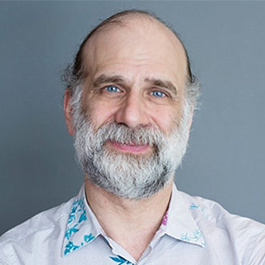 Bruce Schneier is an internationally renowned security technologist, called a “security guru” by The Economist. He is the author of over one dozen books–including his latest, Click Here to Kill Everybody–as well as hundreds of articles, essays, and academic papers. His influential newsletter “Crypto-Gram” and his blog “Schneier on Security” are read by over 250,000 people. He has testified before Congress, is a frequent guest on television and radio, has served on several government committees, and is regularly quoted in the press. Schneier is a fellow at the Berkman Klein Center for Internet & Society at Harvard University; a Lecturer in Public Policy at the Harvard Kennedy School; a board member of the Electronic Frontier Foundation, AccessNow, and the Tor Project; and an Advisory Board Member of the Electronic Privacy Information Centerand VerifiedVoting.org.
Bruce Schneier is an internationally renowned security technologist, called a “security guru” by The Economist. He is the author of over one dozen books–including his latest, Click Here to Kill Everybody–as well as hundreds of articles, essays, and academic papers. His influential newsletter “Crypto-Gram” and his blog “Schneier on Security” are read by over 250,000 people. He has testified before Congress, is a frequent guest on television and radio, has served on several government committees, and is regularly quoted in the press. Schneier is a fellow at the Berkman Klein Center for Internet & Society at Harvard University; a Lecturer in Public Policy at the Harvard Kennedy School; a board member of the Electronic Frontier Foundation, AccessNow, and the Tor Project; and an Advisory Board Member of the Electronic Privacy Information Centerand VerifiedVoting.org.
Get new episodes of Hubwonk in your inbox!
Related Posts

Registering Republican Realignment: GOP Convention Showcases Conservatism’s New Direction

Candidate Selection Breakdown: Presidential Primary Primacy or Determined Delegate Detour

Breaking Down Encampments: Court Finds no Right to Sleep Outdoors

Underfunding Overdose Alternatives: Price Controls Hinder Search for Non-Addictive Opioids

Unlocking Affordable Housing: Sources and Solutions for Cost Crisis
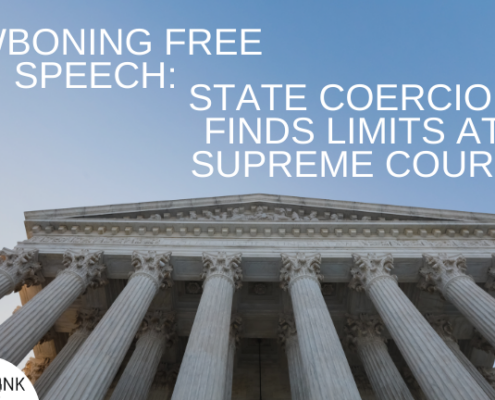
Jawboning Free Speech: State Coercion Finds Limits at Supreme Court

Protectionism’s Bipartisan Embrace: Who Pays When Imports Cost More

Universal Savings Accounts: Designing Tax Incentives that Pay to Save

Precision Law Enforcement: Can Gunfire Detection Technology Serve and Protect Everyone?

Examining Diversity’s Dividends: Can Studies Survive Contact with Peer Review
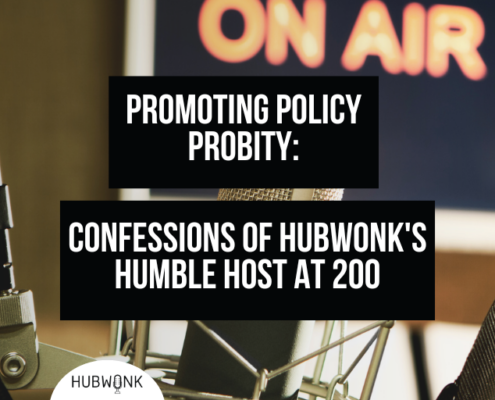
Promoting Policy Probity: Confessions of Hubwonk’s Humble Host at 200
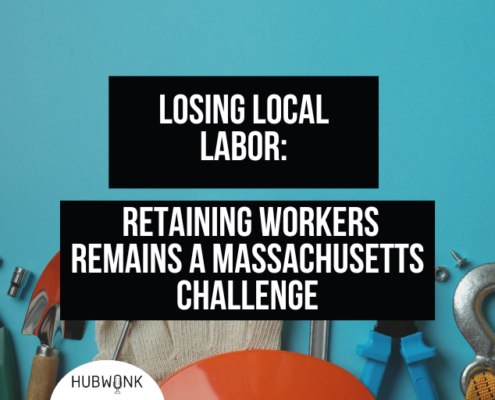
Losing Local Labor: Retaining Workers Remains a Massachusetts Challenge
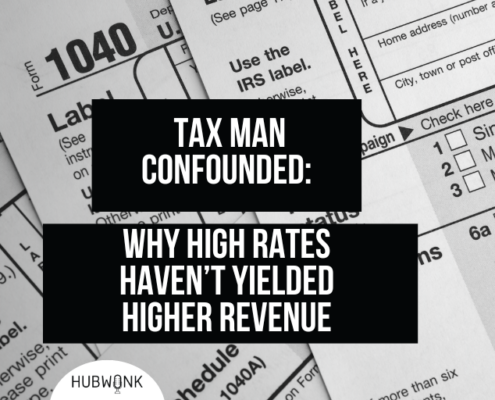
Tax Man Confounded: Why High Rates Haven’t Yielded Higher Revenue

Industrial Policy Reimaged: Can Government Improve Free Markets

Posting Patient Prices: Transparency Cure for Hospital Blank Checks

Constitutional Property Taking: Exclusionary Zoning’s Costs to Owners and Society

Poor Housing Incentives: Tax Credits Reward Politicians Not Neighbors in Need



